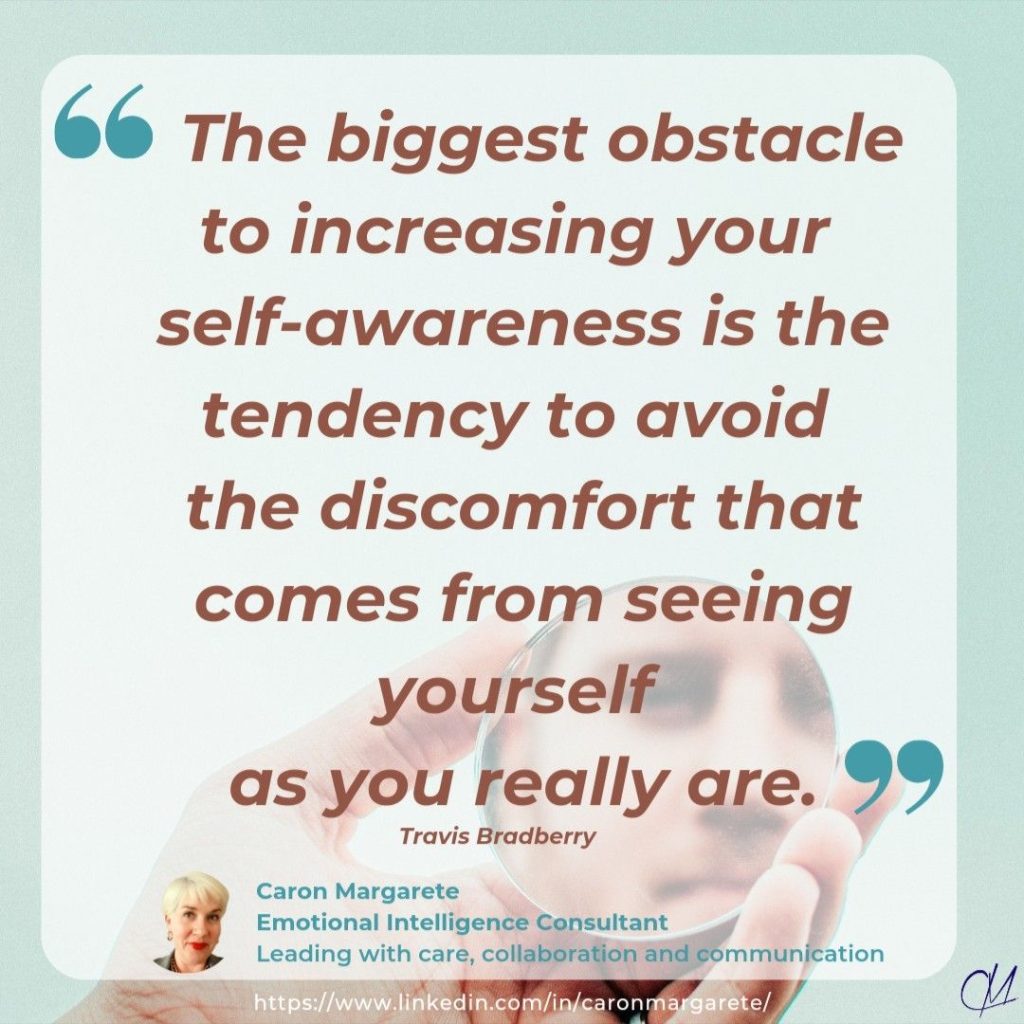In a conversation whose responsibility is it to be understood?
The speaker, right?
Yes, and, the listener is responsible too.
As the speaker, you’re responsible for making sure you’re understood.
As the listener, you have a responsibility to ask clarifying questions so you can better understand.
And, as the speaker, you have an additional responsibility to ensure that you clarify your message until the listener understands, no matter how many times you have to say the same thing in different ways.
Your job in clarifying is to ask the listener what isn’t clear and to do so without judgement or worse, name-calling. Listen AND believe the person when they say it’s not clear or confusing. Because, despite how clear you think you’re being, you’re not being clear enough to them.
If you’re not understood, you’re the problem.
A real-life example:
Person A says:
“She comes home on Wednesday. She’s starting on Tuesday.”
Person B is confused.
“Starting what? Which Tuesday, the one before Wednesday or the one a week after Wednesday?”
Person A needs to answer Person B’s questions, but doesn’t. Instead, they attack Person B saying that it’s obvious, and alludes to mental health issues for the reason they don’t understand.
No. Just no.
In this instance there are two problems with what was said.
1. There is a noun missing from the second sentence. What exactly is the person starting on Tuesday?
2. Once it’s finally understood that the person is starting their journey on Tuesday to arrive home on Wednesday, then it becomes clear that the verb ‘start’ isn’t commonly associated with the noun ‘journey’.
Clearer would be to use a verb like ‘departing’ or ‘leaving’.
Yes, technically you can stay ‘starting’, however, it’s less common and more often used in different contexts, like starting work, a task, or another activity that has a clear beginning and end.
Person A had the opportunity to develop their communication skills, to demonstrate empathy and utilise their emotional intelligence. Instead, they refused to see that they might be wrong.
Being uncomfortable being wrong is natural but to avoid seeing yourself as you really are, that is capable of being wrong will only ever leave you in the wrong.
To be an effective communicator, humility and self awareness are key.
Have you had an experience where something was misunderstood?
Consider sharing your story, it would be great to learn from you.



